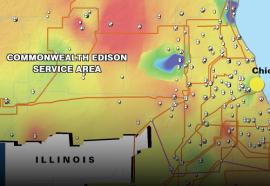Commission Watch
Commission Watch
What everybody missed in setting up the regional grids.
While the electric utility industry has largely agreed on what elements to include in a standard market design (SMD) to govern wholesale power trading in a given region, recent experience shows that the regulators from time to time have overlooked a number of things.







